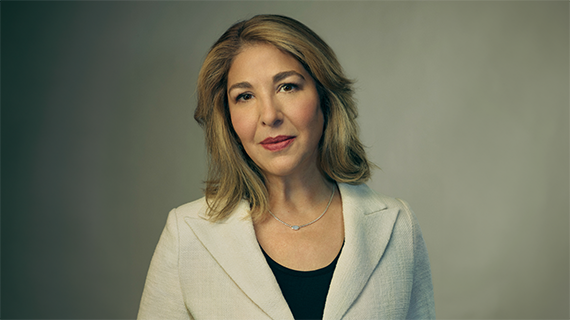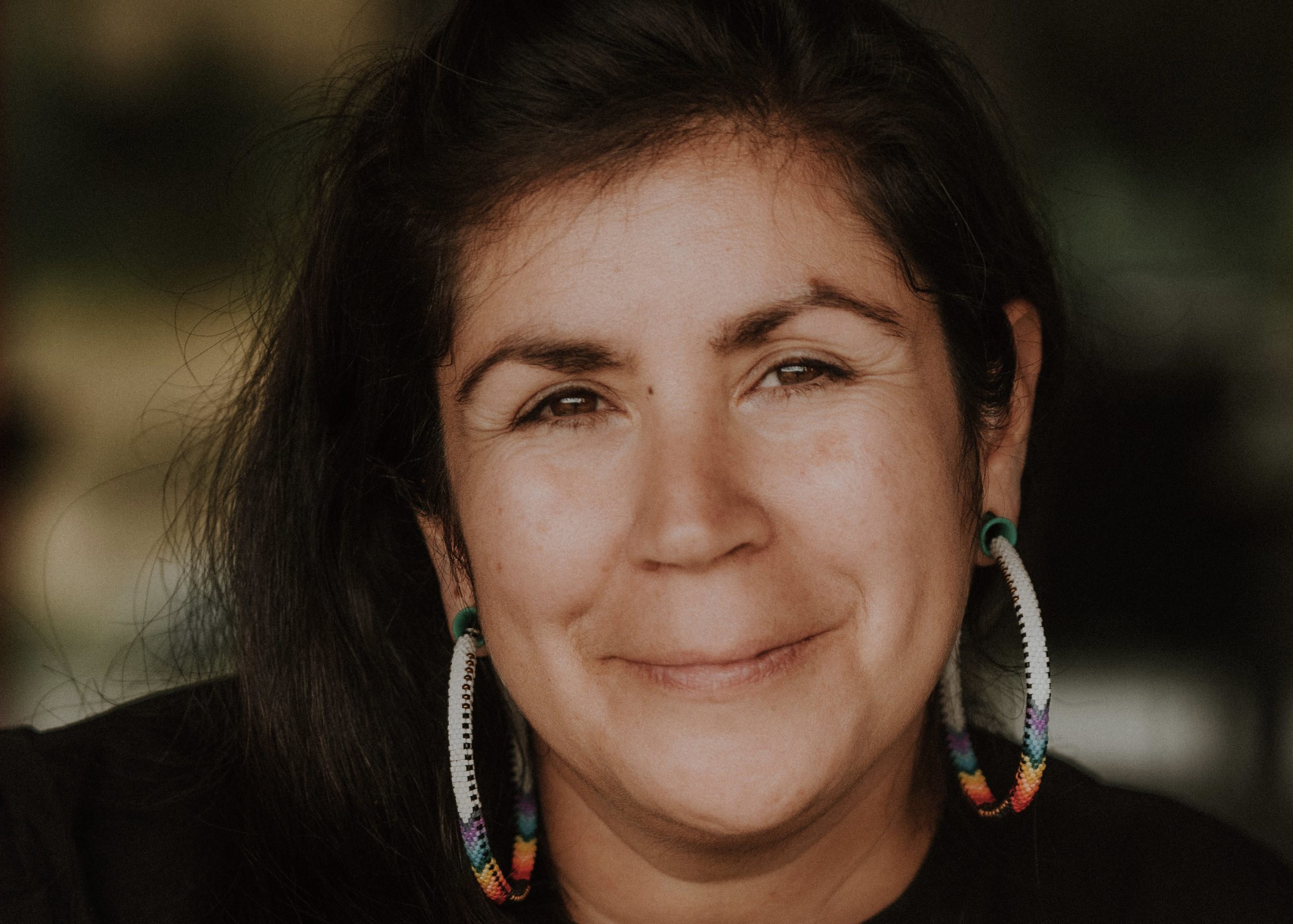

By Mary Leong
Participating in research is not only a great way to expand your resume; it also takes you far beyond the classroom – as fourth-year Sociology student April Dutheil can attest to. Her work with the Nanisiniq Arviat History Project brought her to Arviat, Nunavut last summer, and she’s returning again this year.
“I’m from Haida Gwaii, in the Queen Charlotte Islands, so I’m really interested in northern health issues,” said Dutheil. “Initially, I was interested in comparing Vancouver to the islands I grew up on, but through this research project in Arviat, I’m learning about the health disparities in the high Arctic. So it’s a very personal experience that has driven my interest.”
The Nanisiniq Arviat History project aims to bring Inuit elders and youth together so that Inuit youth can learn more about their history from their elders in order to create a stronger sense of self-identity. By examining historical documents and listening to narratives from their elders, Inuit youth take a multi-dimensional approach to understanding a colonial history. Youth and elders are also taught how to research their history themselves, and to express their findings through filmmaking and blogging.
“We’re working with Inuit elders and Inuit youth to facilitate a journey of discovery for the Inuit youth to learn about their history from their elders, people who worked in the North in the 50s and 60s, nurses, RCMP, and archival documents,” said Dutheil.
Dutheil’s involvement with the project was a result of a summer job search. While looking on Careers Online, she saw a job opportunity with the project, headed by Dr. Frank Tester and Dr. Paule McNicoll at the UBC School of Social Work, and decided to apply.
“They wanted a Master’s student originally, and I was only in my third year as an undergraduate, so I was very fortunate that they took me on. I think it’s been due to my interest in these issues and the activism that I had already done with the North,” she said.
Dutheil presented her research at the Multidisciplinary Undergraduate Research Conference (MURC) this year, and was named one of the top three presenters in the oral presentation category.
“I didn’t know about MURC till this year, and it was a really nice surprise to see so many undergraduate students partaking in research and sharing experiences,” said Dutheil. “I really appreciated being able to put the research we’re doing into a presentation – having people judging me was nerve-wracking, but it was great practice because we’re going to be presenting our project at a few other conferences in the future.”
The Nanisiniq Arviat History project is gaining attention worldwide. They have been invited to present at the Smithsonian in Washington, D.C., and in South Africa, and are currently awaiting funding from Go Global to present their research in Shanghai, China.
Dutheil believes that it is absolutely essential that Arts research continues to be funded and showcased.
“There are so many important topics that can’t be described in a scientifically-based manner. Science can provide you with qualitative numbers, but where’s the social aspect, the sociological aspect, the cultural aspect? Without Arts research, you’re presenting a very one-dimensional analysis of what’s going on in the world.”


